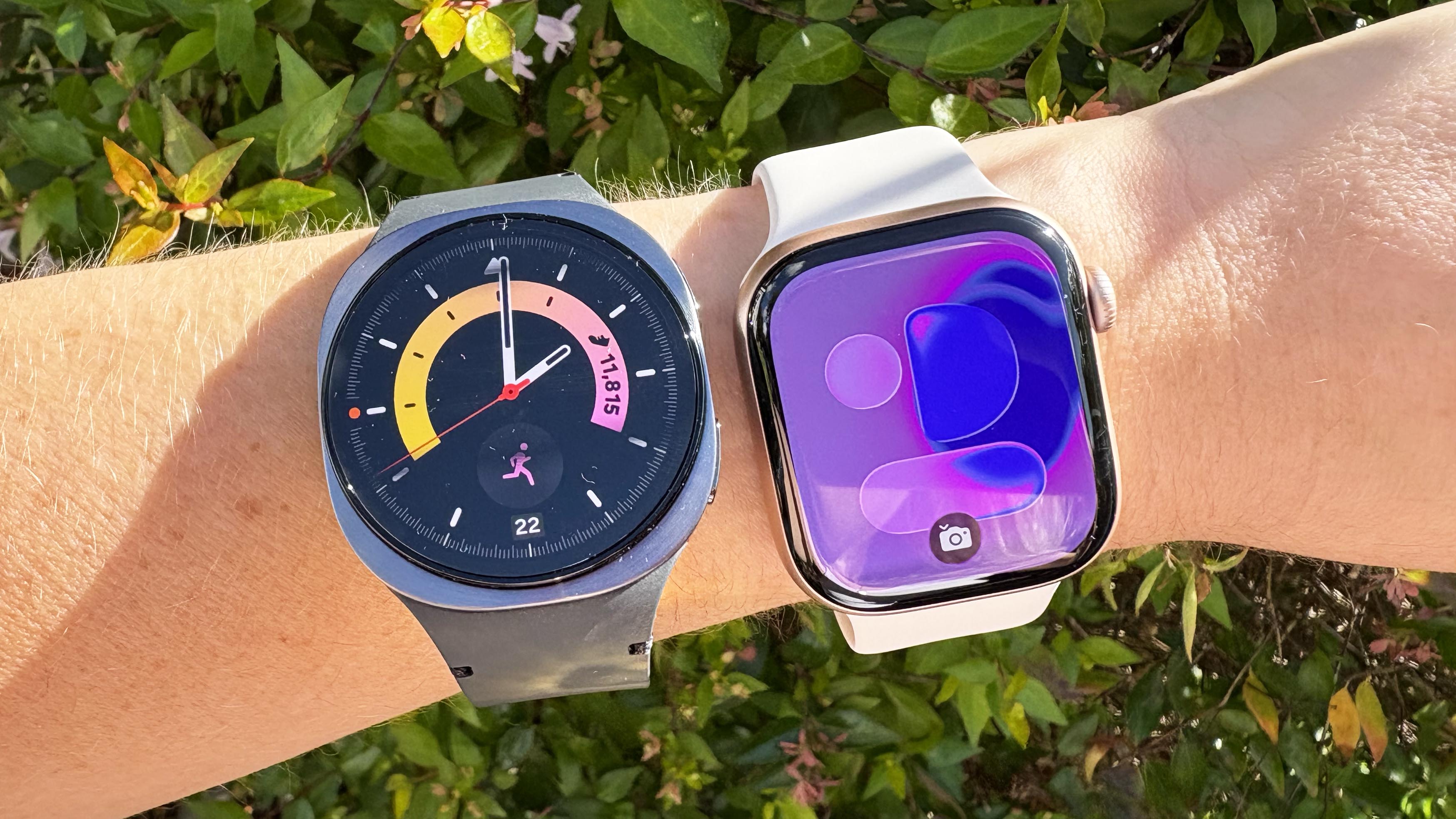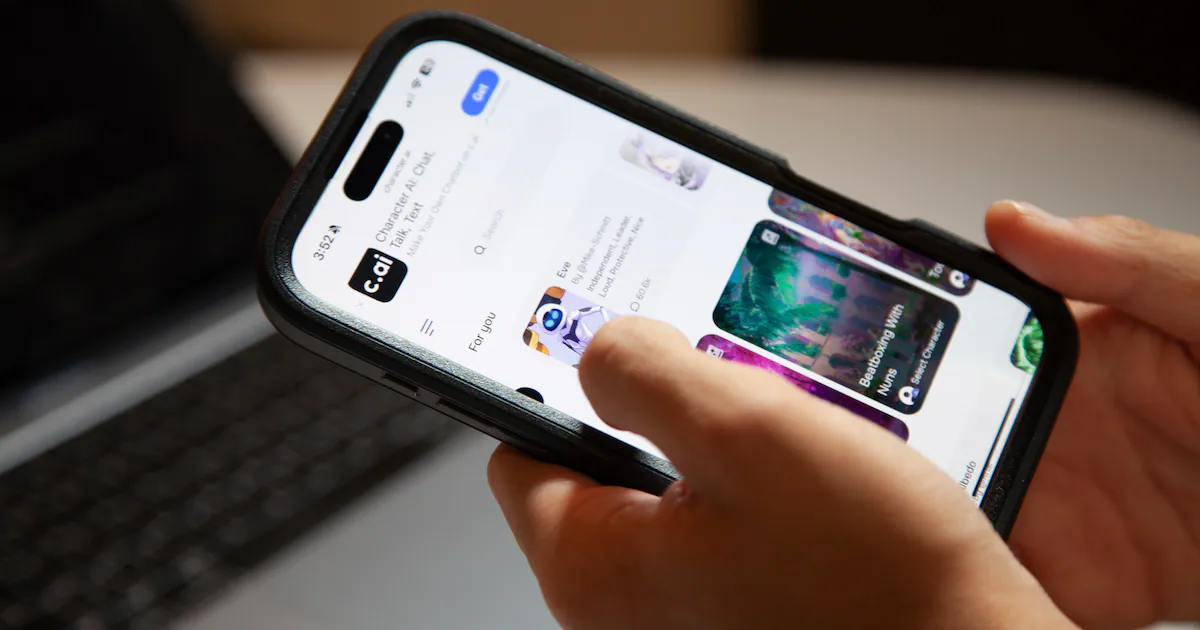I walked 10,000 steps with the Apple Watch 11 and Samsung Galaxy Watch 8 – here’s which came out on top

If you’ve been waiting for the Apple Watch 11 to drop to upgrade your smartwatch, you might be interested to know how it compares with its arch rival, the Samsung Galaxy Watch 8. Both launched this year and top our list of the best smartwatches on the market, and are packed with features to help you live a healthier life.
But which is more accurate when it comes to counting your steps? Of course, both watches are designed to track a lot more than just your steps — both will track your heart rate, sleep, and menstrual cycle. Both also have AI workout coaches on board, and the Apple Watch 11 has hypertension alerts, which will alert you if your blood pressure is high — here’s how these hypertension alerts work, and which watches you’ll find them on.
That said, the step-counting abilities of the watches often indicate how accurately they calculate cadence. To find out more, I strapped both to my wrist and walked 10,000 steps, manually counting each step I took. Read on to find out which watch came out on top.
I walked 10,000 steps with the Apple Watch 11 and Samsung Galaxy Watch 8 — here’s which was more accurate
For this test, I used my trusty $5 clicker tool from Amazon, and manually clicked each time I took a step. I wore both the Apple Watch 11 and Samsung Galaxy 8 on my left wrist, and held my clicker in the right. Both watches count your steps by using an internal accelerometer, which measures the swing of your arm.
Each swing counts for two steps. It doesn’t matter whether you wear your watch on your dominant or non-dominant hand, or whether you’re walking with your hands in your pockets, or holding something; the accelerometer should still measure your body’s movement.
As with all of the best Apple Watches, the Apple Watch 11 doesn’t tell you the number of steps you’ve taken during a specific workout; instead, you see an overall number of steps throughout the day. You can see your overall steps for the entire day, but not how many steps you took on a particular walk (probably because steps aren’t actually that useful a metric, but annoying for me when writing these articles.) For this comparison, I downloaded a third-party Pedometer+ app onto my Apple Watch 11.
When I got home, I downloaded the data onto my iPhone 16 and Samsung Galaxy Flip 7. Here are the results:
Walk one:
Walk two:
Results:
As you can see from the results, the Samsung Galaxy Watch 8 was pretty much spot on, only missing 18 steps compared to the manual recording. This is astounding close. That said, we shouldn’t disregard the Apple Watch 11, which was only around 300 steps out, which is a pretty minute difference over the course of a five-mile walk. The average person takes 2,000 steps in a mile, so missing 300 steps isn’t a lot in the grand scheme of things.
As well as being two of the best smartwatches on the market, both watches are packed with workout features. The Galaxy Watch retains all the fitness features tacked on over the years: advanced sleep tracking with chronotype assignments, FDA-authorized sleep apnea detection, a daily energy score, BIA body composition analysis, temperature-based cycle tracking, Advanced Glycation End Products (AGEs) Index of metabolic health, and more. As mentioned above, the Apple Watch 11 has become the first smartwatch on the market to add blood pressure alerts, but it is missing Samsung’s daily energy score.
When deciding between the two watches, the real answer might be a far simpler one — whether you’re part of the Android or iOS ecosystem, as neither watch will work with the other. That said, whichever device you choose to strap to your wrist, know that they’re both accurately counting your steps, so, unlike me, you don’t have to.
Follow Tom’s Guide on Google News, or add us as a preferred source, to get our up-to-date news, analysis, and reviews in your feeds. Make sure to click the Follow button!
More from Tom’s Guide



